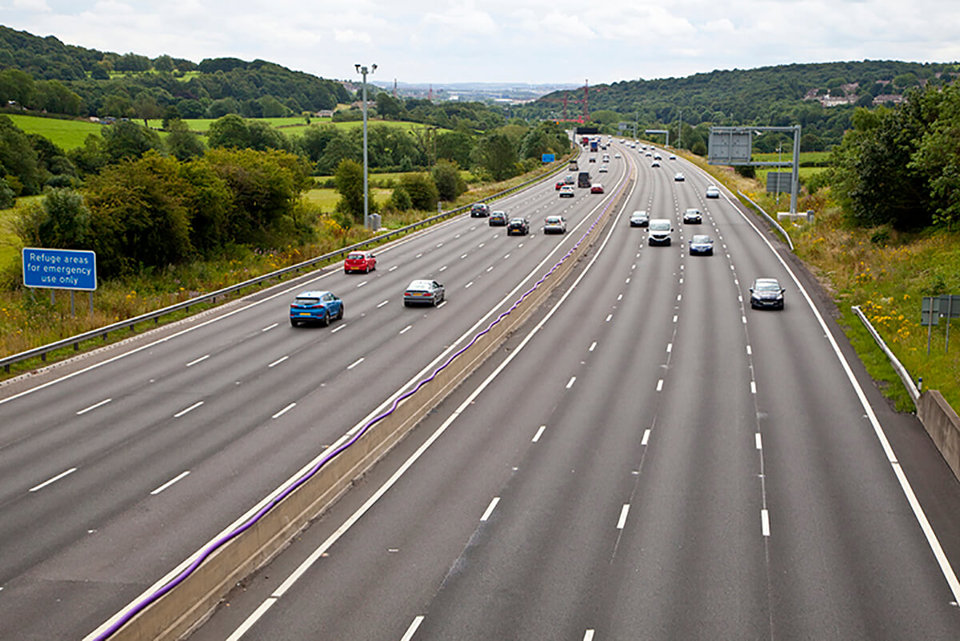On 30th January and 26th February this year, speed enforcement operations were carried out aimed specifically at class restricted vehicles. A vehicle’s class determines the speed at which it can be driven on various roads.
Latest data, released by the Department for Transport showed a national increase in the speeds of these vehicles and a link between those increased average speeds and collision rates. It also showed that, despite being class restricted, light goods vehicles had the highest average free flow speed of all vehicles on motorways and dual carriageways.
The operation took place on the main national speed limit roads across Devon and Cornwall and resulted in approximately 400 prosecutions. Of these detected vehicles, 79% were classified as Light Goods Vehicles. These vehicles, such as the Ford Transit or the Mercedes Sprinter, are restricted to a legal maximum of 50mph on a single carriageway and 60mph on a dual carriageway.
Although these operations were targeting class restricted vehicles, some cars were identified travelling at speeds exceeding three figures; these will be dealt with in Court and the drivers could face disqualification.
In addition, organisations with more than one vehicle detected may be subject to follow up investigation to see whether the violations detected indicate an organisational culture of non compliance with road traffic legislation.
The agencies involved in the Peninsula Road Safety Partnership are concerned at these results, and most can provide additional training for fleet operators to remind them of their responsibilities and also provide strategies to assist the safety and efficiency of their fleets.
Intelligence gathered will be used to deliver further similar operations and will include specific tactics to tackle persistent and extreme violators.

















Login to comment
Comments
No comments have been made yet.